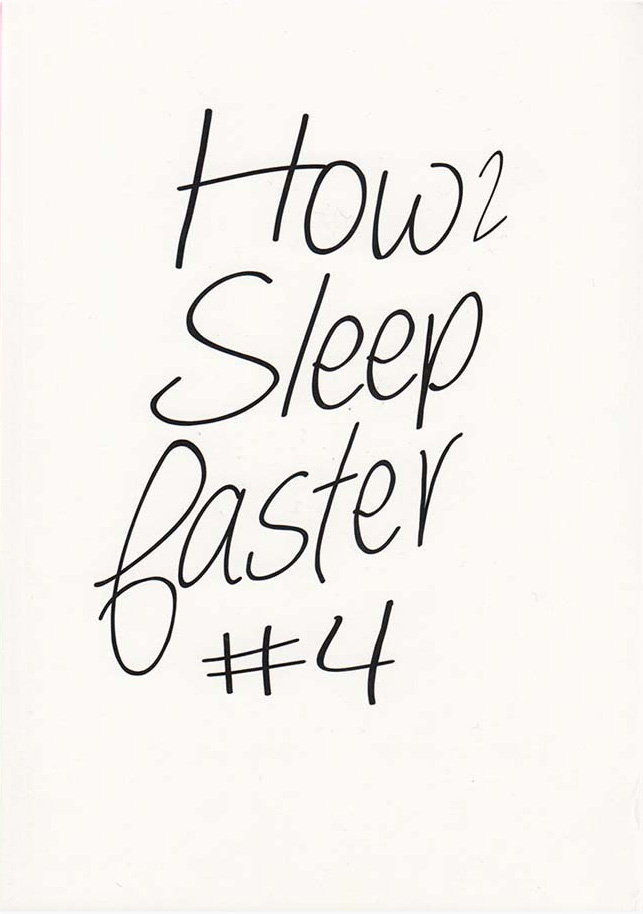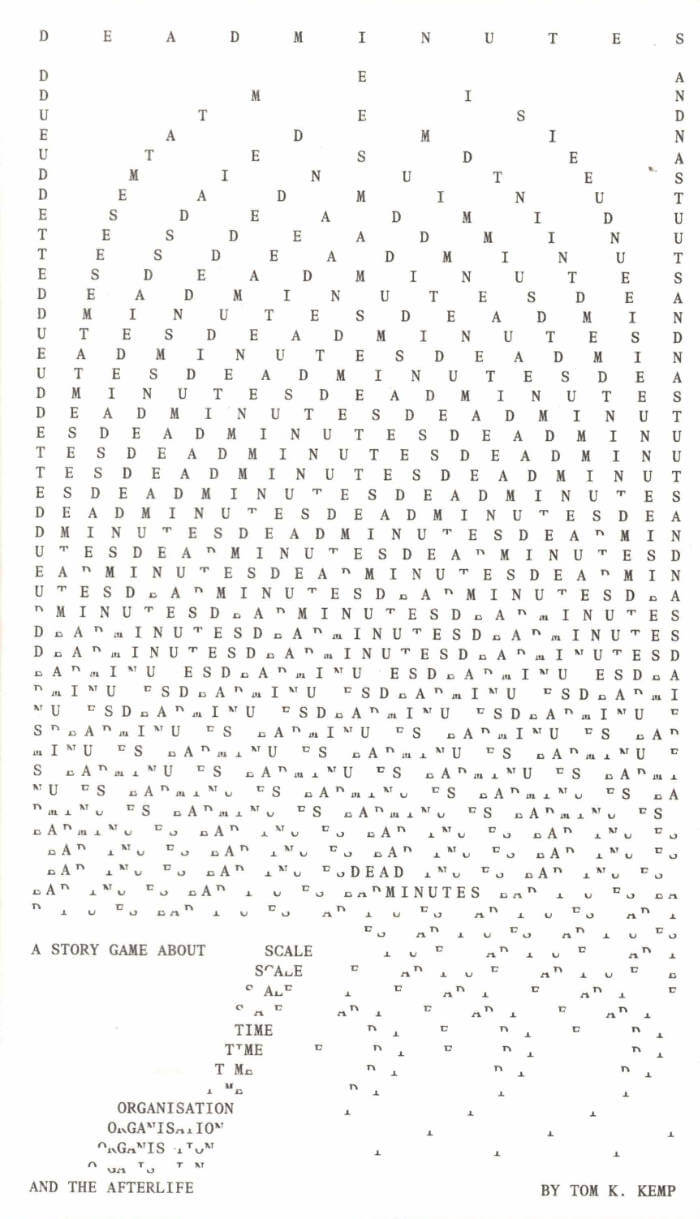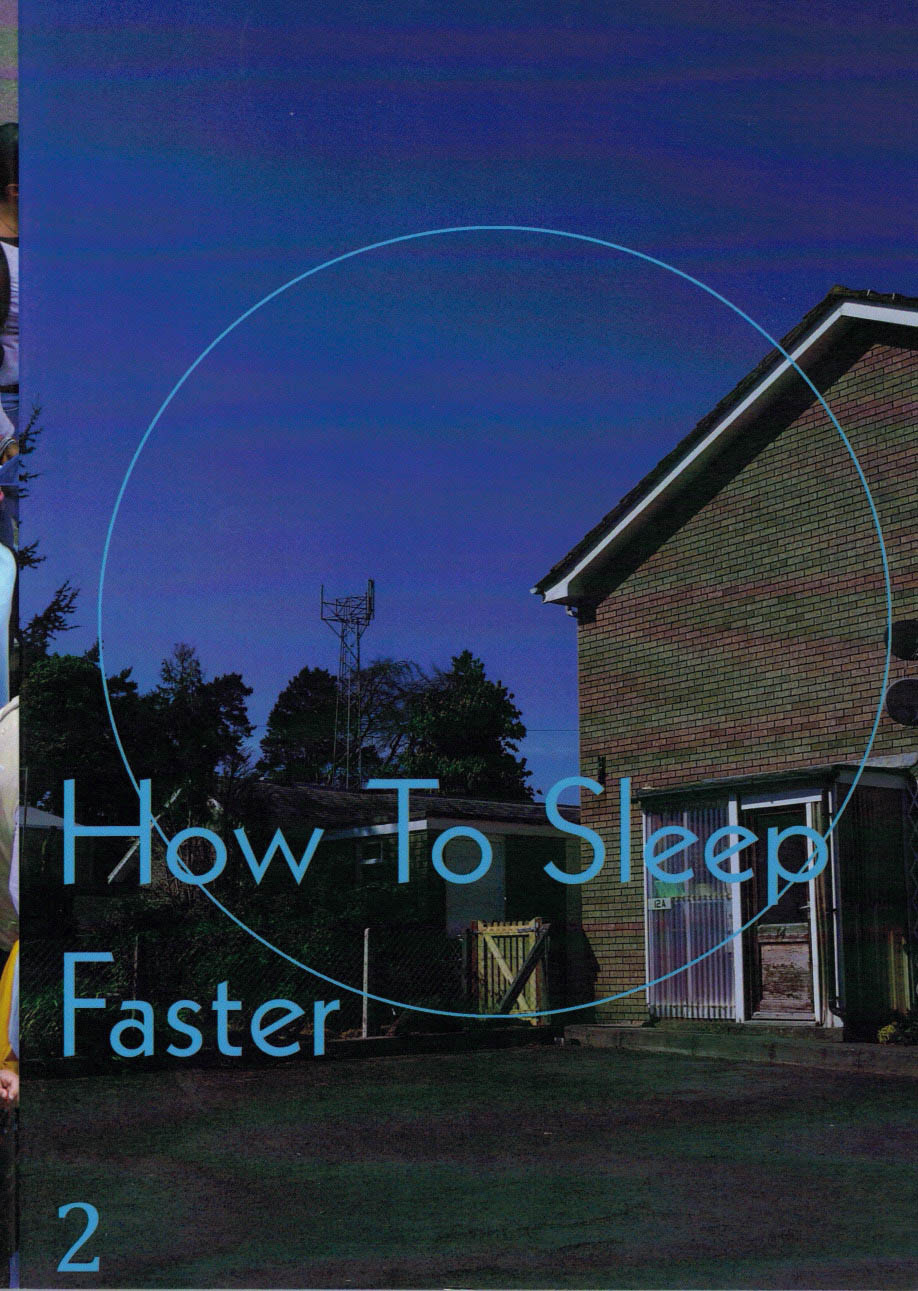
How to Sleep Faster 4
With the fourth issue of How to Sleep Faster we asked our contributors four interconnected questions: What now is a radicalised, networked, subjectivity? How can we build a commons through and from this subjectivity? Is it self-critical in its understanding of the ‘we’ it talks for? And lastly, how do, and how must, these subjectivities engage with globalised material realities?
At root, the exploration of these ideas — as connected themselves – is about a critique of readings of the network through Multitude. We are looking to think beyond immanence, and look to something else, by asking what ‘something else’ is, or could be.
Contributors: Megan Kelly Rooney, Eleanor Weber, William Kherbek, Hannah Black, Harry Sanderson, Georgina Miller, Paul Kneale, Candice Jacobs, Aimee Heinemann, Ann Hirsch, Harry Burke, Rosa Aiello, John Bloomfield, Maja Malou Lyse (Boothbitch), Holly White, Martina Miholic, Felix Petty, Huw Lemmey, Julian Molina, Rachel Schofield Owen, Charlie Woolley, Jesse Darling, KERNEL.
Rozsa Farkas, Tom Clark (eds).
Language: English







